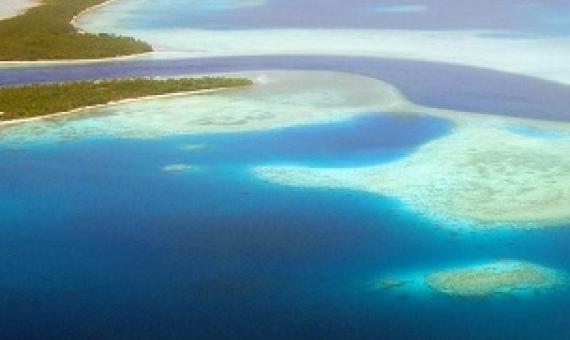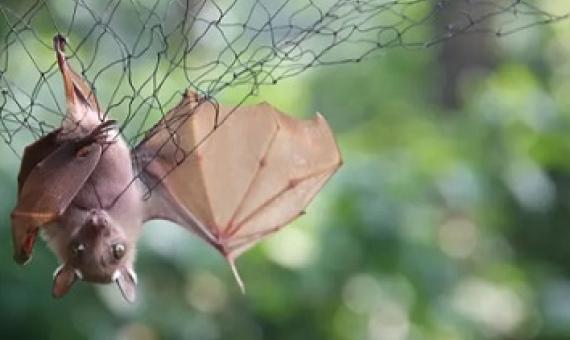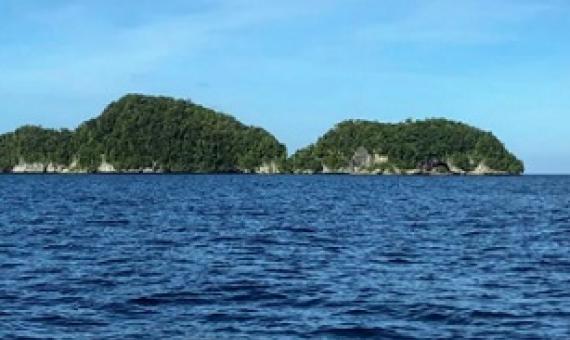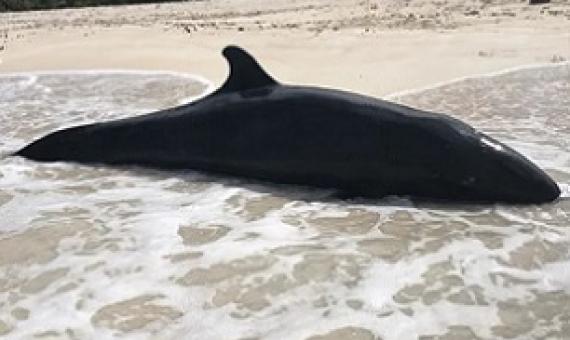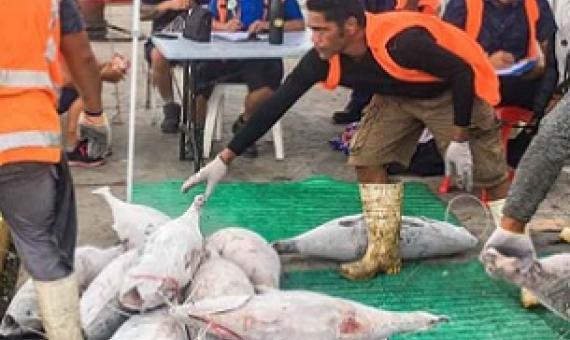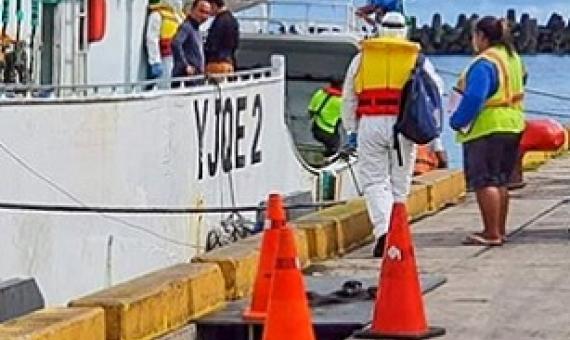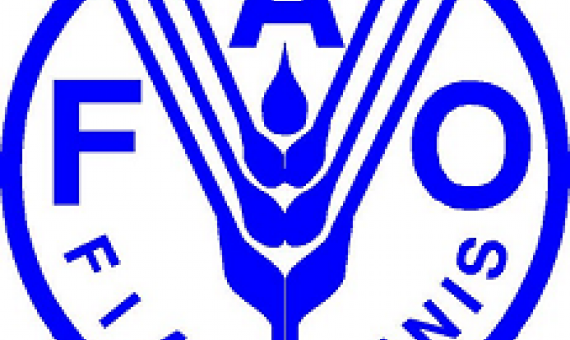As the world focuses on the coronavirus pandemic, many experts are warning of a far more dangerous threat - climate change.
Viruses love bats. The flying nocturnal mammals make outstanding hosts because — just like people — they live in large, dense groups, their air travel spreads germs between populations and their longevity enables a virus to persist for years in an individual animal.
Upcoming elections and the economic impact of COVID-19 have put higher pressure on the Palau National Marine Sanctuary (PNMS) to pay off in creating more sustainable pelagic fishing sources for Palau.
Marine mammals could play a role in Guam's future economic recovery, according to Sen. Kelly Marsh.
A fisheries monitoring, control and surveillance operation in the Pacific concludes this week, with excellent cooperation demonstrated between nations despite the challenges of COVID-19 continuing to affect surveillance in the region.
Member countries of the Pacific Islands Forum Fisheries Agency (FFA) are actively working together to mitigate the risk of COVID-19 being transmitted through fisheries operations, allowing the industry to continue making a vital contribution to Pacific island economies. At their meeting in A
Delegations from Pacific Islands actively participated in the first two days of technical discussions, showing their concerns about the challenges and impacts of the COVID-19 pandemic and other pressing issues...FAO also intends to support SIDS, LDCs and LLDCs countries under the recently launche
Amplifying indigenous voices
Indigenous peoples are fighting the COVID-19 pandemic daily, taking strong measures to protect their communities and territories from this virus. In these times, historical exclusions affecting rights to basic services and health infrastructure have become more acute, making indigenous peoples an extremely fragile and vulnerable section of society in this pandemic. In addition, attempts to appropriate traditional lands, territories and resources and open up areas for mining and commercial exploitation continue in certain regions.
Perspectives on the Economics of the Environment in the Shadow of Coronavirus
The Environmental and Resource Economics special issue “Economics of the Environment in the Shadow of Coronavirus” comes at a hugely critical time for environmental economists and policy makers alike. We are in a situation of significant social change, a change that could potentially lay the foundation for mankind’s future in the years to come.
Linking Human Destruction of Nature to COVID‑19 Increases Support for Wildlife Conservation Policies
This paper investigates if narratives varying the cause of the COVID-19 pandemic affects pro-wildlife conservation outcomes. In a pre-registered online experiment (N=1081), we randomly allocated subjects to either a control group or to one of three narrative treatment groups, each presenting a different likely cause of the COVID-19 outbreak: an animal cause; an animal and human cause (AHC); and an animal, human or lab cause.

